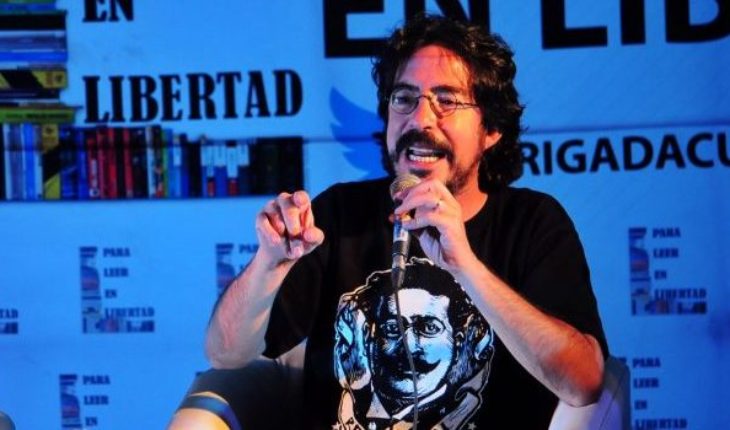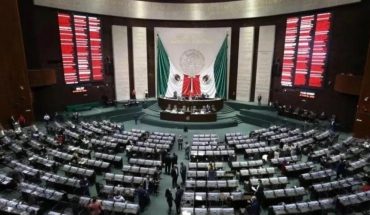The assassination of businessman Eugenio Garza Sada, on September 17, 1973, was committed by a “command of brave young people”, wrote last Tuesday Pedro Salmerón, director of the National Institute of Historical Studies of the Revolutions of Mexico (INEHRM). The comment on their networks generated reactions and much criticism. He quit this Saturday.
Salmerón today shared a letter in which he accused the right of pressing him to leave office and using his words to attack the regime.
“If my presence, my style and character (obvious in this text) can be contradictory to the reconciliation of the Republic, I place the position of director of the INEHRM at the disposal of the President and make this text my formal renouncement to it,” he wrote.
“When I received the entrusteton to lead the INEHRM, the President asked me to stimulate free thinking as well as free and plural debate from there. And that’s what we’ve done,” he adds in the letter.
The historian and academic posted on INHERM’s official Facebook page, concerning the ephemeris of Garza Sada’s death, an explanation of the crime that, according to his view, “was a result of the deep division experienced by Mexican society from the years sixty.”
“Many young people who saw the chances of participation and peaceful transformation of a vertical and authoritarian political system cancelled, sought to change things in the violent way,” he wrote.
He accused former presidents Vicente Fox and Felipe Calderón of leading a “media lynching”, along with the Business Coordinating Council and executives of various media outlets and several senators from the Republic.
To the public: pic.twitter.com/J607MKwDAL
— Pedro Salmerón Sanginés (@HistoriaPedro) September 21, 2019
After its controversial publication, the National Institute of Historical Studies of the Revolutions of Mexico (INEHRM) noted that it does not claim armed struggle or make an apology of violence, but that it does seek to publicize the history that is not known.
The Ministry of Culture indicated that what was disclosed by the INHERM holder did not represent an institutional position of the federal government.
In the face of criticism, Garza Sada clarified: “No one intended to offend with the adjective ‘brave’ that called these young men; on the contrary, the note wished to claim the figure of Garza Sada. ‘Brave’ doesn’t mean being a hero or doing the right thing.
The Ministry of Culture reported that instead he was appointed Felipe Arturo Avila Espinosa, who holds a degree in Sociology from the Faculty of Political and Social Sciences of UNAM.
“The Ministry of Culture recognizes that in recent months, the Institute has been revitalized and is in the process of being transformed to be a leading institution in the promotion of research, reflection and dissemination of historical and cultural knowledge”, Indicated.
#Entérate ?
Felipe Arturo Avila Espinosa is appointed director of the National Institute of Historical Studies of the Revolutions of Mexico (@INEHRM)
details ?? pic.twitter.com/cjtILQLDGs https://t.co/VJkXGXtnLH
— Secretariat of Culture (@cultura_mx) September 21, 2019
What we do in Animal Político requires professional journalists, teamwork, dialogue with readers and something very important: independence. You can help us keep going. Be part of the team.
Subscribe to Animal Politician, receive benefits and support free journalism.#YoSoyAnimal





